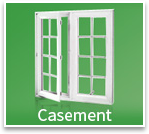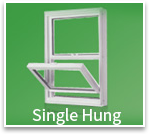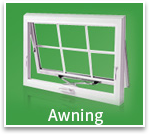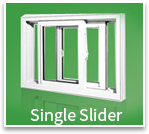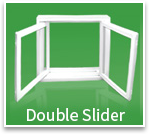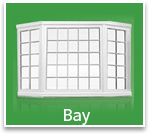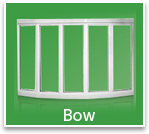The Ultimate Guide to Choosing the Perfect Screen Doors for Your Home
When it comes to enhancing your home’s comfort and energy efficiency, choosing the right screen doors is crucial. According to a report by the American Institute of Architects, nearly 80% of homeowners prioritize natural ventilation and outdoor spaces in their renovation projects. Screen doors not only facilitate this fresh airflow but also protect against pests and provide a seamless transition between indoor and outdoor living.
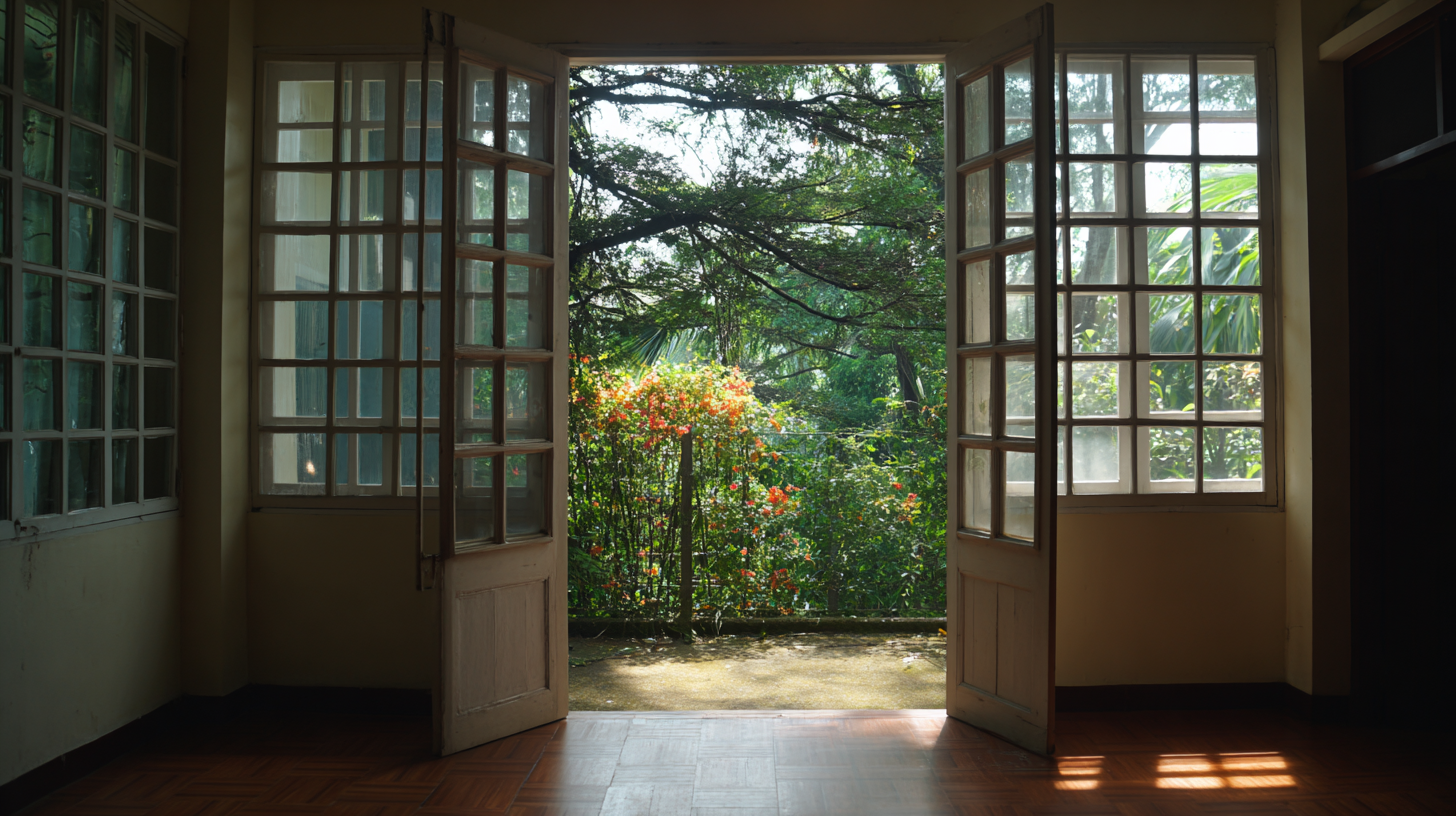 Additionally, a study by the National Association of Home Builders highlights that well-designed screen doors can increase a home’s value by up to $5%. As homeowners become more environmentally conscious, selecting high-quality, durable screen doors has never been more important. This guide aims to equip you with the essential information needed to make an informed decision, ensuring your home remains stylish and functional while maximizing those invaluable outdoor connections.
Additionally, a study by the National Association of Home Builders highlights that well-designed screen doors can increase a home’s value by up to $5%. As homeowners become more environmentally conscious, selecting high-quality, durable screen doors has never been more important. This guide aims to equip you with the essential information needed to make an informed decision, ensuring your home remains stylish and functional while maximizing those invaluable outdoor connections.
Understanding Different Types of Screen Doors for Home Use
When it comes to enhancing home comfort while maintaining airflow, selecting the right type of screen door is essential. There are several varieties available, including retractable, sliding, hinged, and magnetic screen doors, each tailored to specific needs and aesthetic preferences. For instance, a report by the American Association of Home Improvement Projects highlights that nearly 66% of homeowners prefer retractable screen doors due to their versatility and ability to blend seamlessly with existing doorways.
Hinged screen doors are traditionally used in more permanent installations, often preferred for front and back doors, as they provide durability and enhanced security. Meanwhile, sliding screen doors are ideal for patio doors, offering easy access and a spacious feel. The Screen Manufacturers Association states that the demand for energy-efficient and customizable screen doors has surged, reflecting a growing consumer trend toward home energy conservation. Ultimately, understanding these various types will help homeowners make informed choices that align with both functionality and style.
The Ultimate Guide to Choosing the Perfect Screen Doors for Your Home
| Type of Screen Door | Material | Features | Pros | Cons |
|---|---|---|---|---|
| Sliding Screen Door | Aluminum | Smooth opening, durable | Space-saving, modern look | Can be heavy; needs professional installation |
| Storm Screen Door | Fiberglass | Weather protection, removable panels | Energy-efficient, versatile | Can obstruct view; expensive |
| Magnetic Screen Door | Mesh | Self-closing, easy installation | Affordable, lightweight | Less durable; limited security |
| French Screen Door | Wood | Aesthetic appeal, double opening | Elegant design, customizable | Requires maintenance; can warp |
| Retractable Screen Door | Polyester | Rolls away when not in use | Space-saving, unobstructed view | Installation may be tricky; pricey |
Key Features to Consider When Selecting Screen Doors
When selecting the perfect screen doors for your home, several key features should be considered to ensure they meet your needs effectively. First and foremost, material and durability play a crucial role. Options such as aluminum or fiberglass offer resistance against weather elements while ensuring longevity. Additionally, you might want to explore retractable screen doors for a seamless transition between indoor and outdoor spaces without compromising aesthetics.
Another important feature to assess is the security aspect. Some modern screen doors are designed to integrate with smart home systems, providing not only ventilation but also enhanced security measures. This can be particularly beneficial in protecting your home against unauthorized access. Finally, ease of maintenance is essential; look for screens that can be easily cleaned to remove dust and pollen, ensuring your entryways remain inviting and functional throughout the seasons.
Aesthetic and Functional Considerations in Screen Door Design
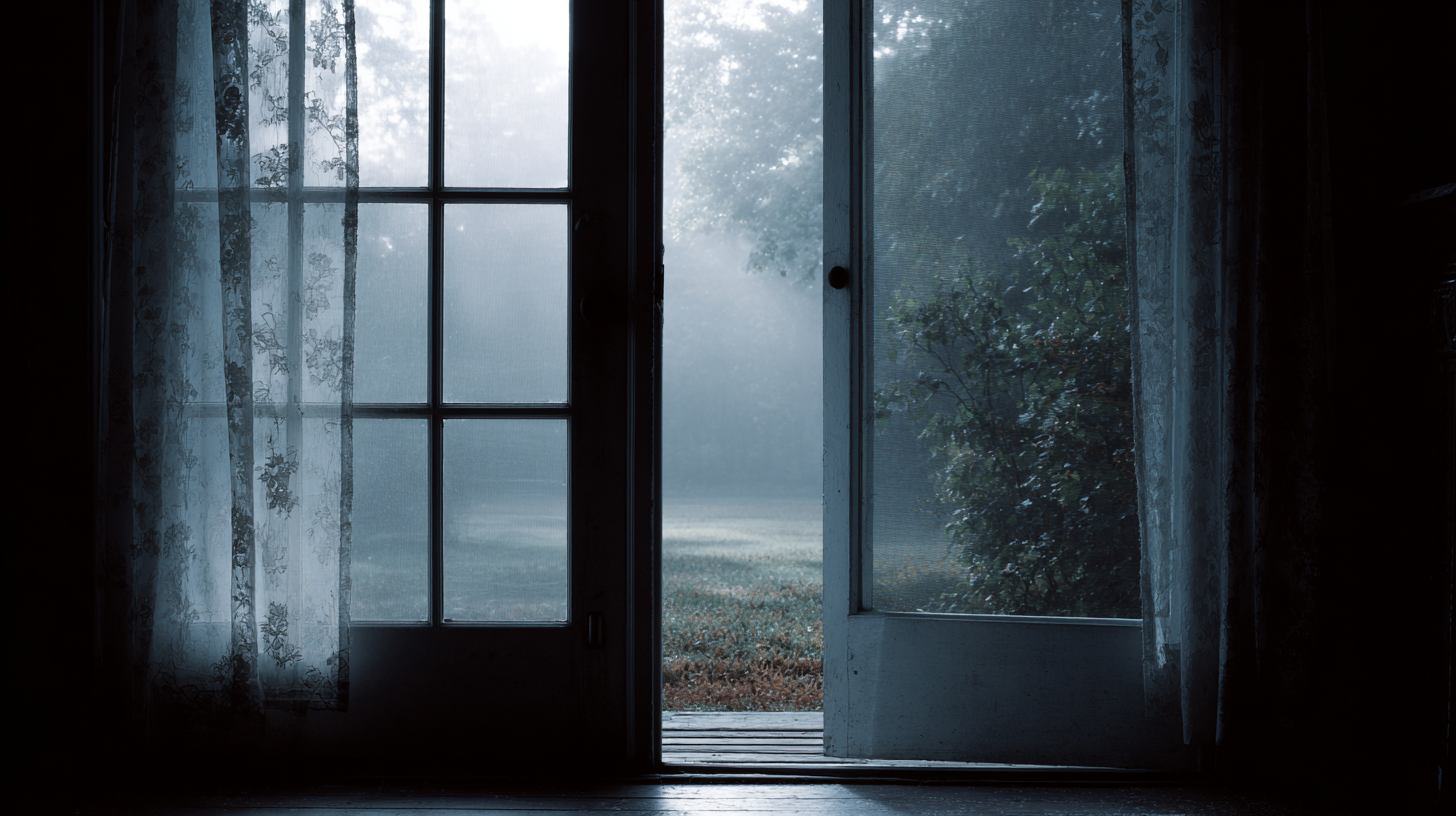 When choosing the perfect screen door for your home, it is essential to strike a balance between aesthetics and functionality. A screen door serves not only as a barrier against pests but also as an enhancement to your home's exterior. Selecting a design that complements your architectural style can elevate your curb appeal. Consider options such as traditional wooden frames, sleek aluminum, or decorative fiberglass screens that align with your home’s overall theme. The color and finish of the screen door can also influence its visual impact, allowing you to harmonize with existing elements like trim, siding, or outdoor fixtures.
When choosing the perfect screen door for your home, it is essential to strike a balance between aesthetics and functionality. A screen door serves not only as a barrier against pests but also as an enhancement to your home's exterior. Selecting a design that complements your architectural style can elevate your curb appeal. Consider options such as traditional wooden frames, sleek aluminum, or decorative fiberglass screens that align with your home’s overall theme. The color and finish of the screen door can also influence its visual impact, allowing you to harmonize with existing elements like trim, siding, or outdoor fixtures.
Functionality is equally important, as the screen door should provide ease of use and durability. Look for features such as retractable screens, which can be hidden when not in use, maintaining an uninterrupted view and feel. Additionally, consider the mesh type; finer mesh can keep out smaller insects but may block airflow, while coarser options allow for better ventilation. Assessing these functional components in conjunction with aesthetic choices will ensure that your screen door serves its purpose effectively while enhancing the beauty of your home.
Installation Tips and Maintenance for Longevity of Screen Doors
When it comes to installing screen doors, proper techniques can significantly enhance both functionality and longevity. First, ensure that you measure the door frame accurately to select the right size screen. A snug fit minimizes gaps that can allow insects to enter and improves energy efficiency. When installing, follow the manufacturer’s instructions closely, utilizing all provided hardware for secure attachment. If needed, consider using a level to ensure the door hangs evenly, as an improperly installed screen can lead to wear and tear over time.
Maintenance is crucial for the longevity of your screen doors. Regular cleaning is essential; use a mild soap solution and a soft cloth to wipe down the screen surfaces, removing dust and debris that might hinder visibility or operation. Inspect the screen for any tears or holes, and promptly repair them to prevent further damage. Additionally, lubricating hinges and latches can help maintain smooth operation, ensuring your screen door remains functional and aesthetically pleasing for years to come.
The Popularity of Different Types of Screen Doors
This chart displays the popularity of various types of screen doors based on survey data. The results show the preference of homeowners for different screen door styles, which can help you make an informed decision for your own home.
Comparing Material Options: Pros and Cons of Common Screen Door Materials
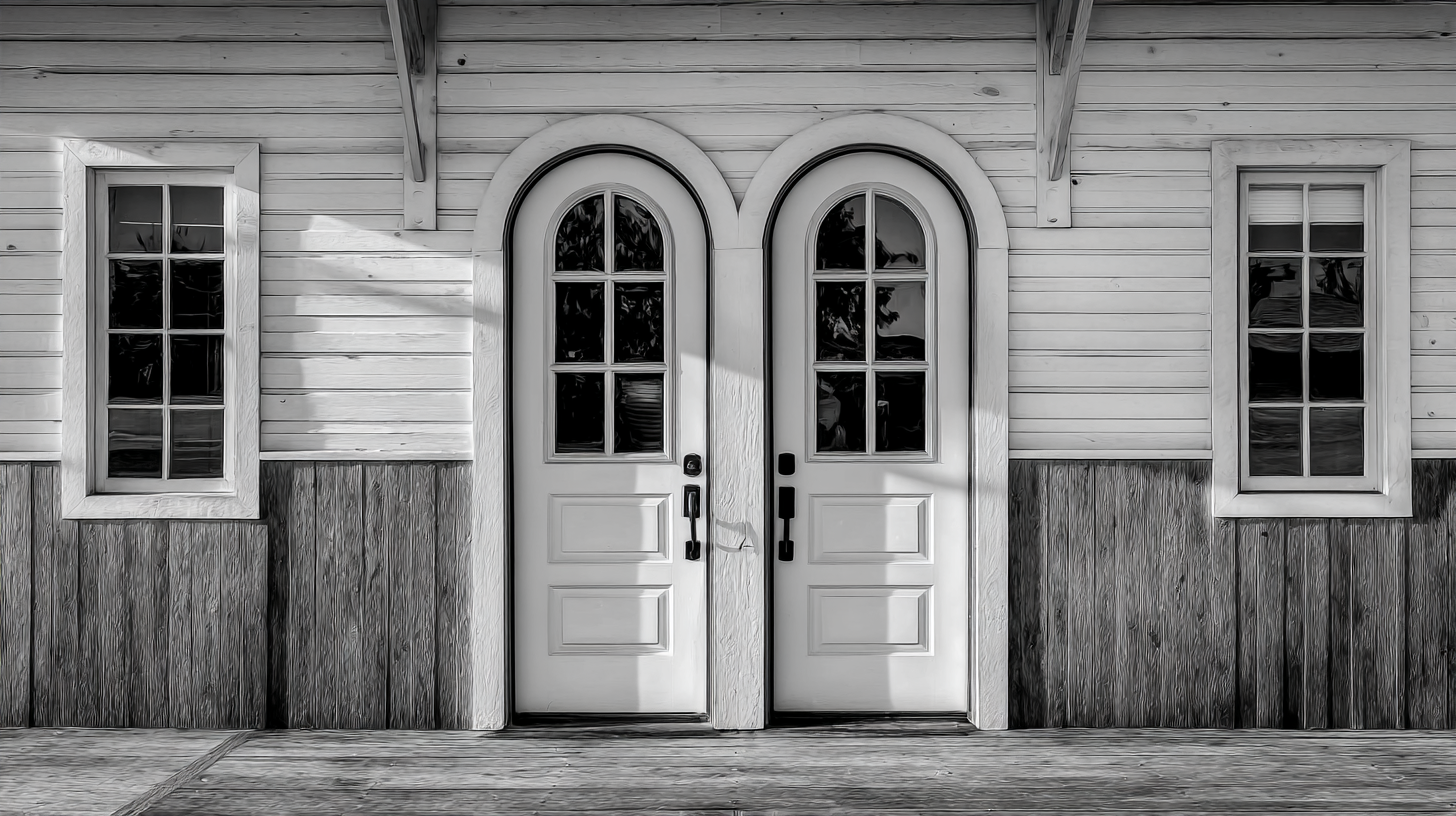 When selecting the perfect screen door for your home, understanding the material options is crucial. Aluminum, for example, is a popular choice due to its durability and resistance to corrosion. It’s lightweight and offers a sleek design, making it ideal for modern homes. However, aluminum can dent easily and may not provide the best insulation, making it less suitable for extreme climates.
When selecting the perfect screen door for your home, understanding the material options is crucial. Aluminum, for example, is a popular choice due to its durability and resistance to corrosion. It’s lightweight and offers a sleek design, making it ideal for modern homes. However, aluminum can dent easily and may not provide the best insulation, making it less suitable for extreme climates.
Wooden screen doors, on the other hand, exude charm and can be customized to match any home aesthetic. They offer excellent insulation and can withstand varying weather conditions. The downside is that wood requires regular maintenance to prevent warping and rotting, which can be a concern in humid environments. Fiberglass is another option worth considering; it mimics the appearance of wood while being resistant to warping and dents. It offers good insulation and is easy to clean, although it can be more expensive than aluminum or wood. Each material has its own set of advantages and limitations, so weighing these factors against your home’s specific needs is essential for making the right choice.
Related Posts
-
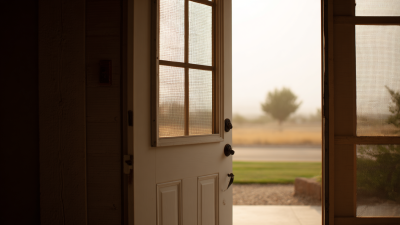
The Ultimate Guide to Choosing the Perfect Screen Doors for Your Home
-

Innovative Garage Doors Showcase at 2025 China 138th Canton Fair Driving Industry Growth
-
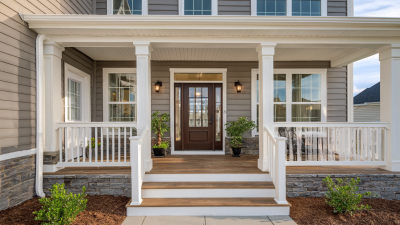
How to Choose the Right Vinyl Doors for Your Home
-
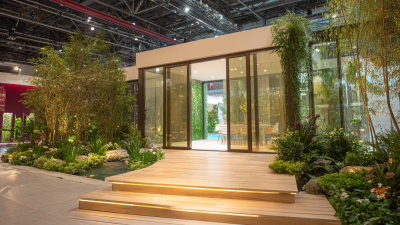
Exploring Market Trends for Garden Doors at the 2025 China Import and Export Fair
-
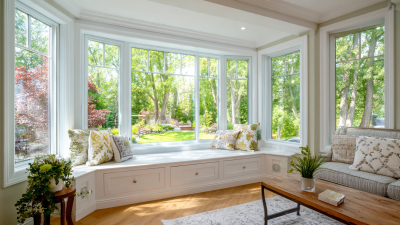
The Ultimate Guide to Choosing Vinyl Windows and Doors for Energy Efficiency and Home Value
-
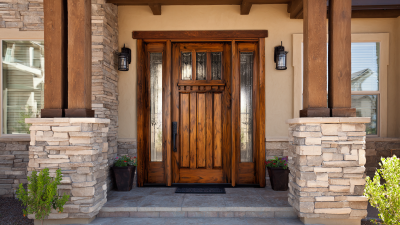
Why Choose Fiberglass Doors for Energy Efficiency and Durability?



